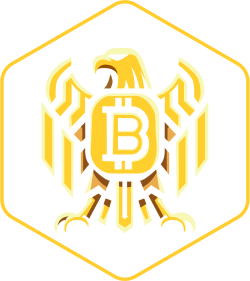Oracle Definition
In the context of blockchain and cryptocurrencies, an Oracle is a third-party information source that supplies data to blockchain networks. It provides the necessary external data to trigger smart contracts when predefined conditions are met.
Oracle Key Points
- Oracles import real-world data onto blockchain networks.
- They trigger smart contracts when preset conditions are met.
- Oracles can be centralized or decentralized.
- These are vital components in blockchain networks for the efficient execution of smart contracts.
What is an Oracle?
An Oracle is not part of the blockchain consensus mechanism. Instead, it is a source of external information that feeds data into the blockchain to activate or control smart contracts. This data could be anything from temperature reading, stock prices, to election results.
Where do Oracles operate?
Oracles function in the blockchain networks. They bridge the gap between the physical world and the digital world of blockchain by fetching and verifying real-world occurrences and converting that into data which can be understood and utilized by smart contracts.
When are Oracles used?
Oracles are used whenever external data influences blockchain operations. They are particularly crucial for the execution of smart contracts in blockchain networks like Ethereum, which rely on specific external conditions to trigger the contract.
Why are Oracles important?
Oracles play an indispensable role in blockchain networks. Without them, smart contracts would be limited to the information within the blockchain, making them much less dynamic and versatile.
How do Oracles work?
Oracles work by connecting APIs or other data streams to a blockchain. They validate and relay real-world information or changes to a blockchain network, triggering the execution of a smart contract whenever the pre-defined conditions are met. Despite the various forms an Oracle can take, its fundamental goal is to provide reliable and accurate information to the blockchain.






